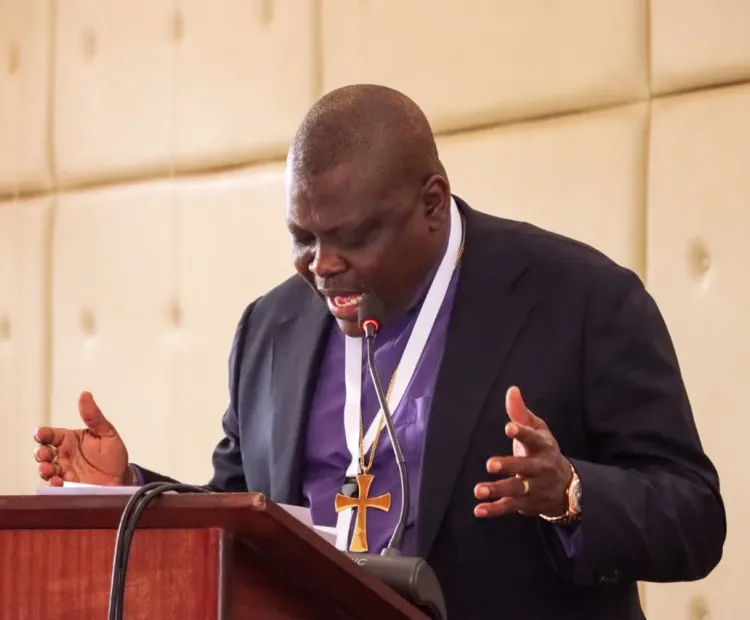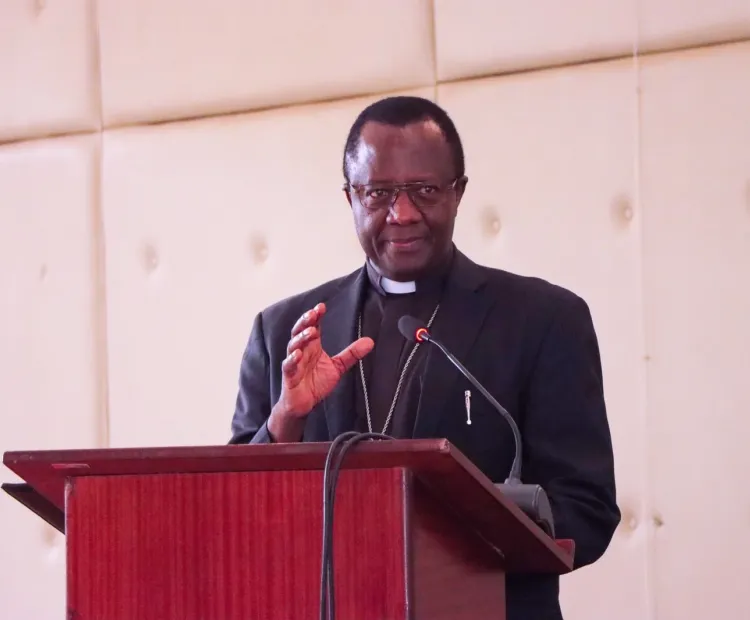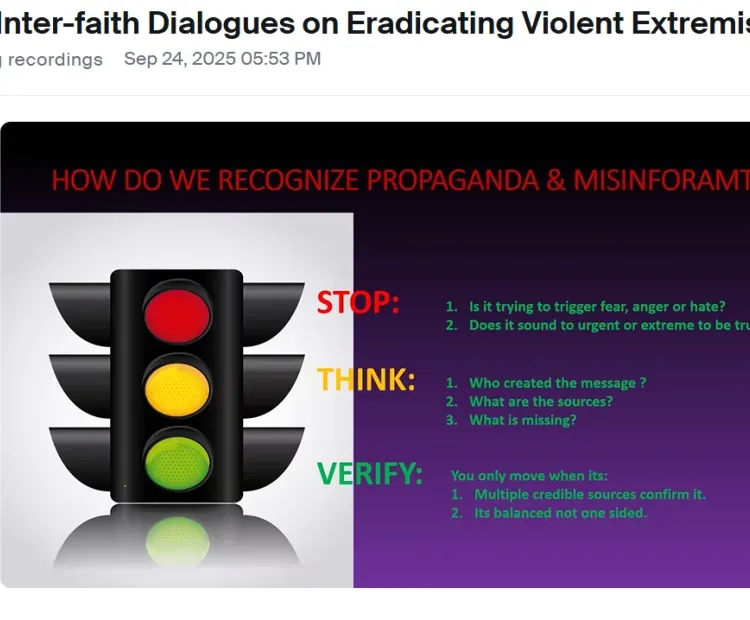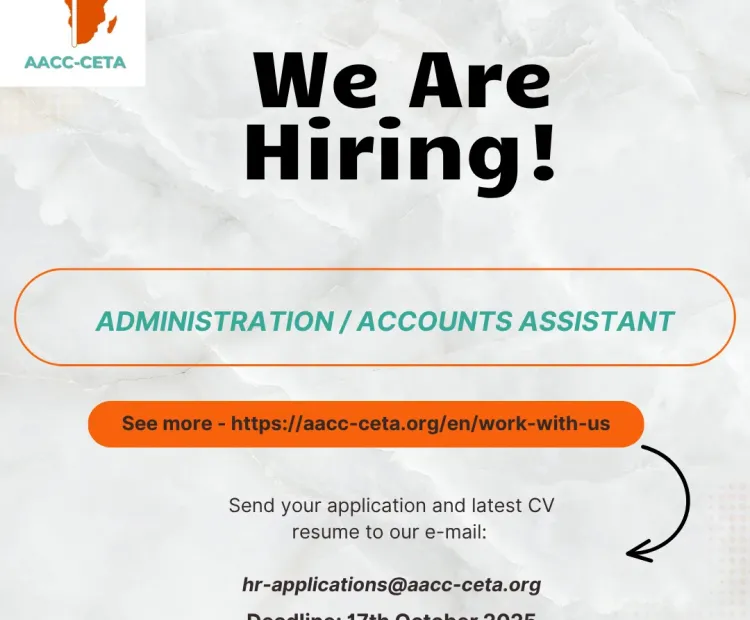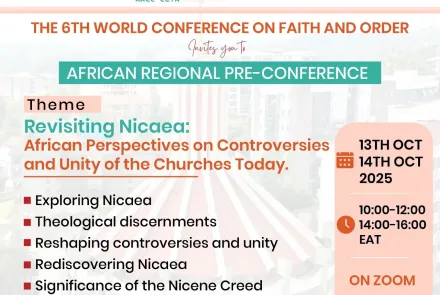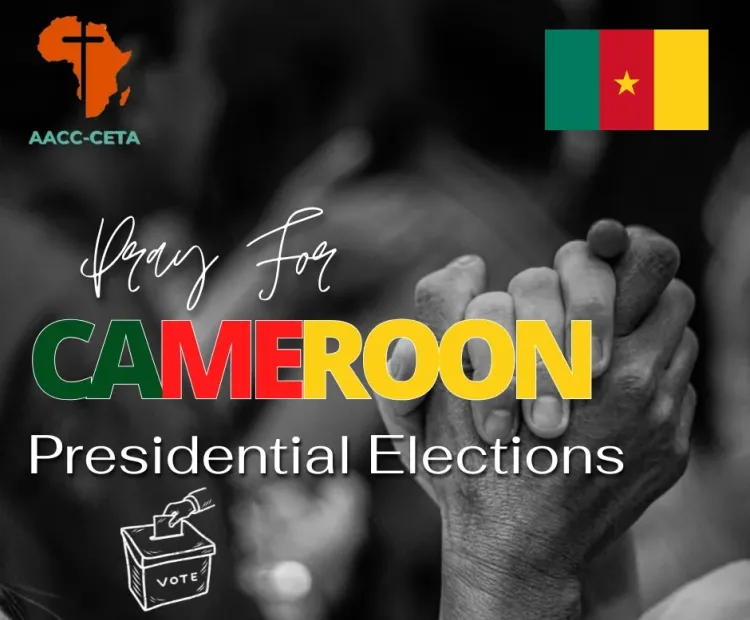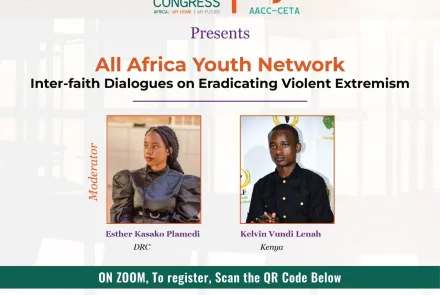All Africa conference of Churches (AACC) in cooperation with the World Council of Churches (WCC), will jointly hold an online regional pre-conference for the sixth World Conference on Faith and Order. The purpose is to listen and consider regional voices on the 1st Ecumenical Council that took place 325 AD in the city of Nicaea (modern – day city of İznik -Turkey), during its world conference on Faith and Order organized to take place from 24th - 28th October in Wadi El Natrun, Egypt around the theme “Where now for visible unity?” To this regard, AACC has organized a two-days online regional pre- conference on 13th and 14th October 2025 with the theme: “Revisiting Nicaea: African Perspectives on Controversies and Unity of the Churches Today”.Thematic Focus areas:Exploring Nicaea – Theological Discernments “One God, One Faith and One Creed.Bible, Hermeneutics and Traditions –Reshaping Controversies and Unity of the churches.Rediscovering Nicaea – Significance of the Nicene Creed in the African Ecclesial Contexts.Unity, Missions and Ecumenicism of Nicaea –Council’s decrees and One Easter Date.Learning from Nicaea – Lessons for the African churches & Global Christianity. African Ecclesial Perspectives on the Nicaea Council
Prayer Alert for Cameroon's General Elections
publication image
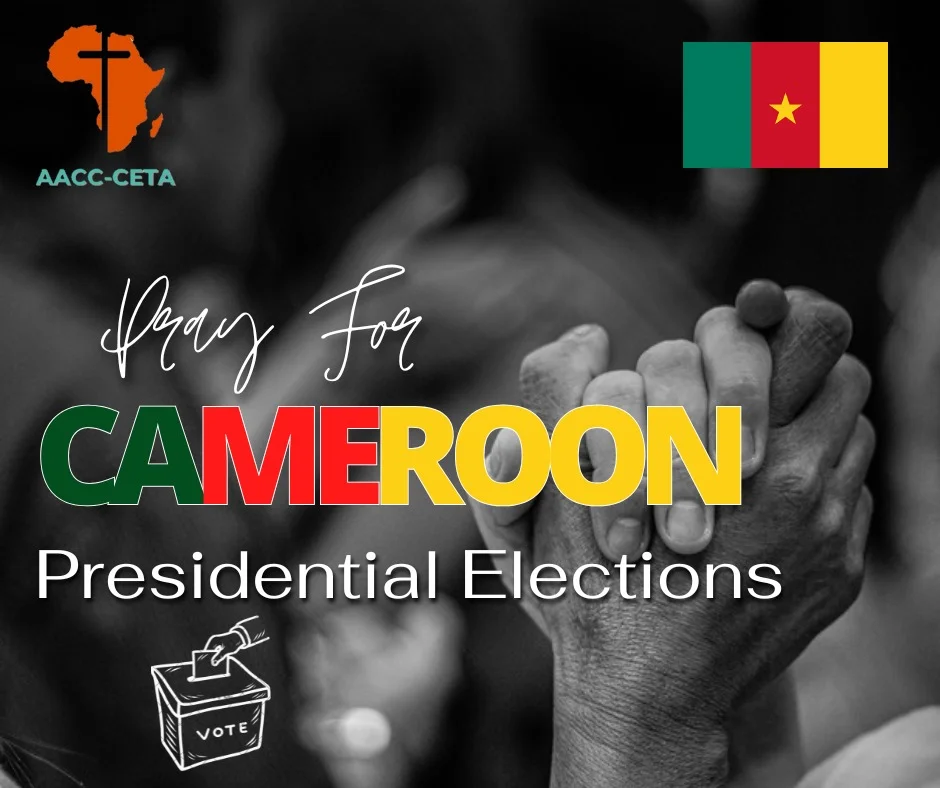
publication download
ECUMENICAL STATEMENT ON THE COMMEMORATION OF THE 2025 INTERNATIONAL DAY OF PEACE
publication image

publication download

